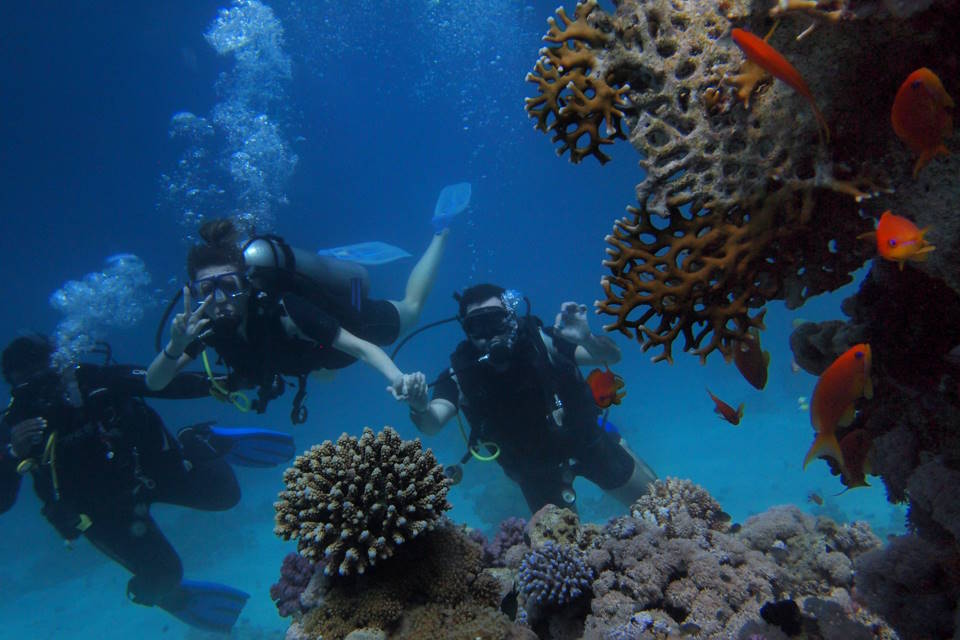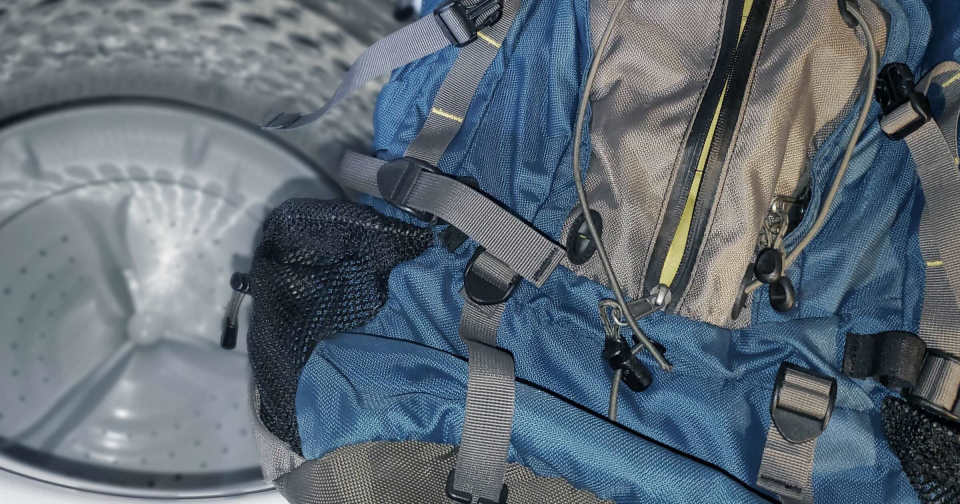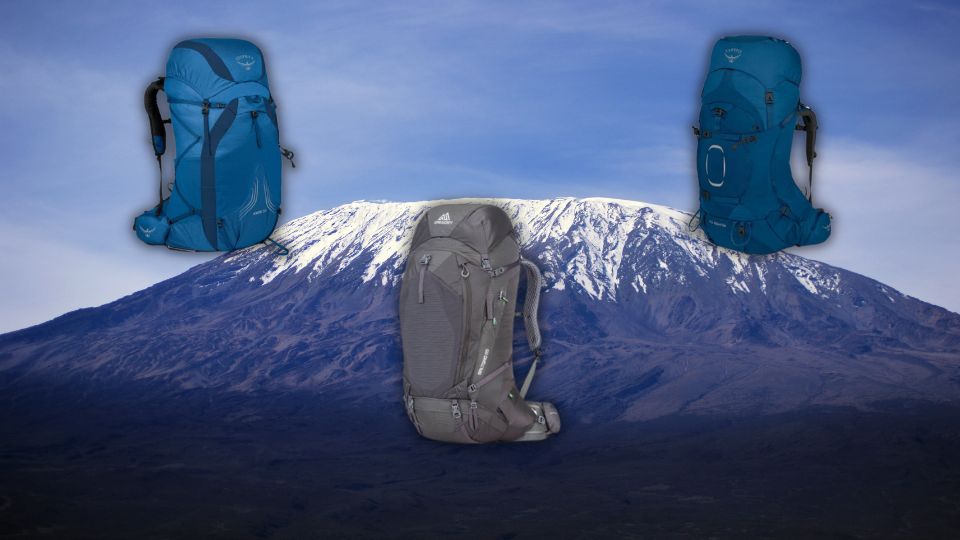Scuba diving is an exhilarating activity that allows you to explore the underwater world and witness marine life in their natural habitat. However, scuba diving while pregnant can pose a significant risk to the mother and the developing fetus. We’ll answer some frequently asked questions about scuba diving and pregnancy. We’ll discuss the risks and potential dangers of going scuba diving while pregnant, as well as the concerns related to diving at different stages of pregnancy. So, read on to find out more about scuba diving and pregnancy.
Introduction
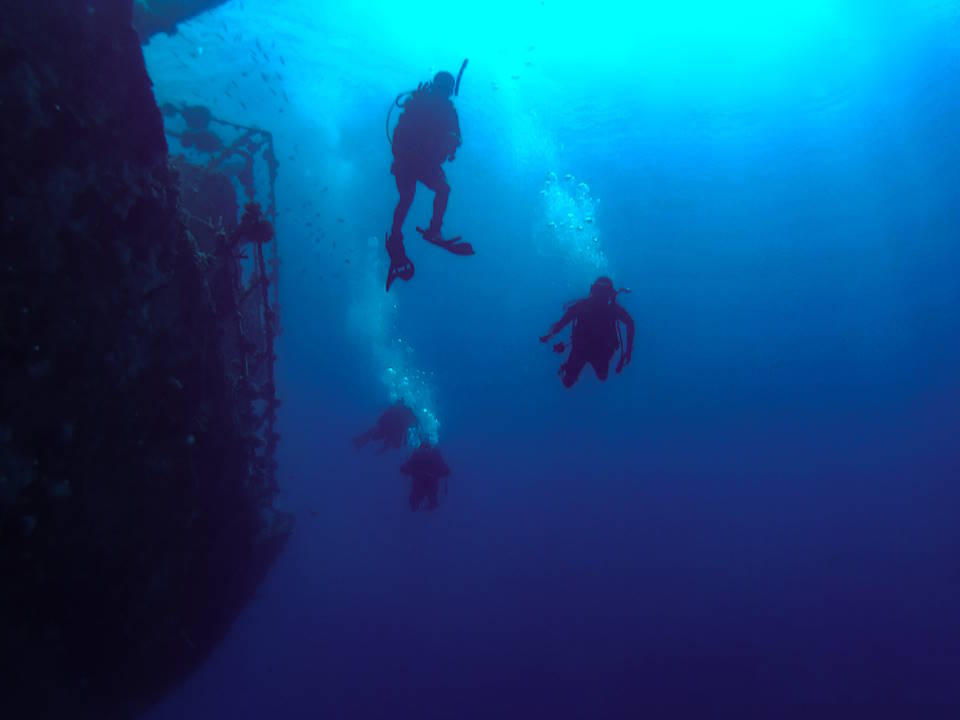
Scuba diving is an amazing activity that lets you explore the beauty of the underwater world. However, diving comes with a risk that can be further compounded if you happen to be pregnant. It’s not uncommon for some women to wonder if they can go scuba diving while pregnant. We’ll take a detailed look at the risks and precautions that pregnant women should consider before diving underwater.
Scuba diving involves exposure to high-pressure environments, which can lead to a host of medical complications for pregnant women. One of the most significant risks that come with diving while pregnant is decompression sickness, which occurs when nitrogen bubbles form in the bloodstream. Decompression sickness can be life-threatening, and pregnant women are already at a higher risk of developing blood clots, which can worsen the condition.
It is essential to clarify that no guidelines officially prohibit pregnant women from diving. Nonetheless, the general rule of thumb is to avoid diving during pregnancy. Scientific studies recommend that pregnant women should not dive at all, regardless of the pregnancy’s stage. Even if you are an experienced diver, it’s always better to err on the safe side and avoid diving while pregnant.
| Risks of Diving While Pregnant |
|---|
| Decompression sickness |
| Risk of Miscarriage |
| Preterm Labor |
| Fetal Hypoxia |
| Stillbirth |
There are no hard and fast rules when it comes to the safe depth limit for pregnant women. However, it’s best to avoid diving as the water pressure deep underwater can affect the baby. The risks are considerably higher as the pregnancy progresses, and the baby’s weight and size increase. Pregnant women should also avoid getting into a pressurized airplane cabin 12- 24 hours after their last dive to ensure adequate decompression.
Why Can’t You Scuba Dive While Pregnant?
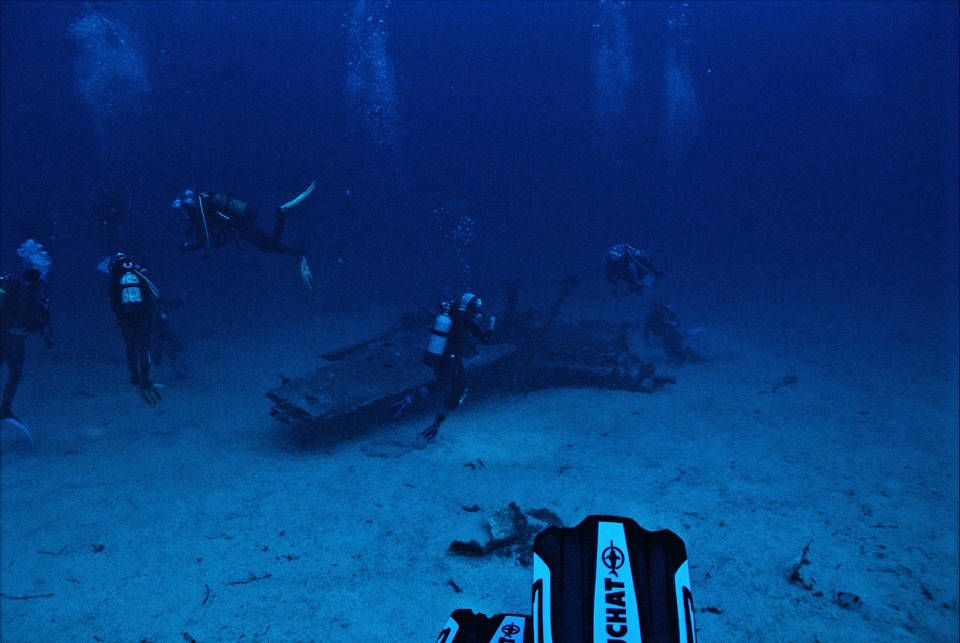
Scuba diving has become one of the most popular recreational activities in recent years. Divers often explore depths that are beyond what humans can normally reach, making it an adventure that is filled with amazing and breathtaking sights. However, if you are pregnant, it is essential to know the risks involved before diving. You might wonder, why can’t you scuba dive while pregnant?
Scuba diving involves a lot of physical activities, which can be quite rigorous at times. Rapid changes in pressure, deep-water immersion, and sub-zero temperatures are just some of the factors that you can encounter while diving. These extreme conditions can be harmful to you and your unborn child, especially if you suffer from any pregnancy-related complications or medical conditions. Studies have shown that scuba diving can cause fetal hypoxia (a condition where the fetus does not receive enough oxygen), birth defects, and miscarriages.
- Gas Toxicity – The air that divers use while diving contains high levels of nitrogen, which can cause decompression sickness (the bends). As nitrogen bubbles enter the bloodstream, they can travel up to the lungs and cause blockages that result in serious injury or death. Pregnant women are at a higher risk of developing this condition due to the increased physiological changes in the body.
- High Risk of Injury – The marine environment is unpredictable, and even the most experienced divers can face dangerous situations. Entanglement in ropes, stings from marine life, and equipment failure are just some of the factors that can lead to injury. When you are pregnant, even minor injuries can be frightening and could cause severe complications.
- Risk of Miscarriage – As we saw earlier, scuba diving exposes the pregnant woman and her unborn child to symptoms such as decompression sickness. Trauma and fetal hypoxia are other complications that can arise, putting the pregnancy at risk, leading to preterm labour and miscarriage.
Therefore, it is always recommended to avoid scuba diving during pregnancy. If you cannot resist the temptation, it is best to consult your doctor and get proper medical advice before taking the plunge. With proper guidance, only shallow dives are only allowed if the pregnancy is still in its initial stages, with no previous complications. It’s crucial to prioritize the child’s health over temporary gratification.
What Are the Risks of Scuba Diving While Pregnant?
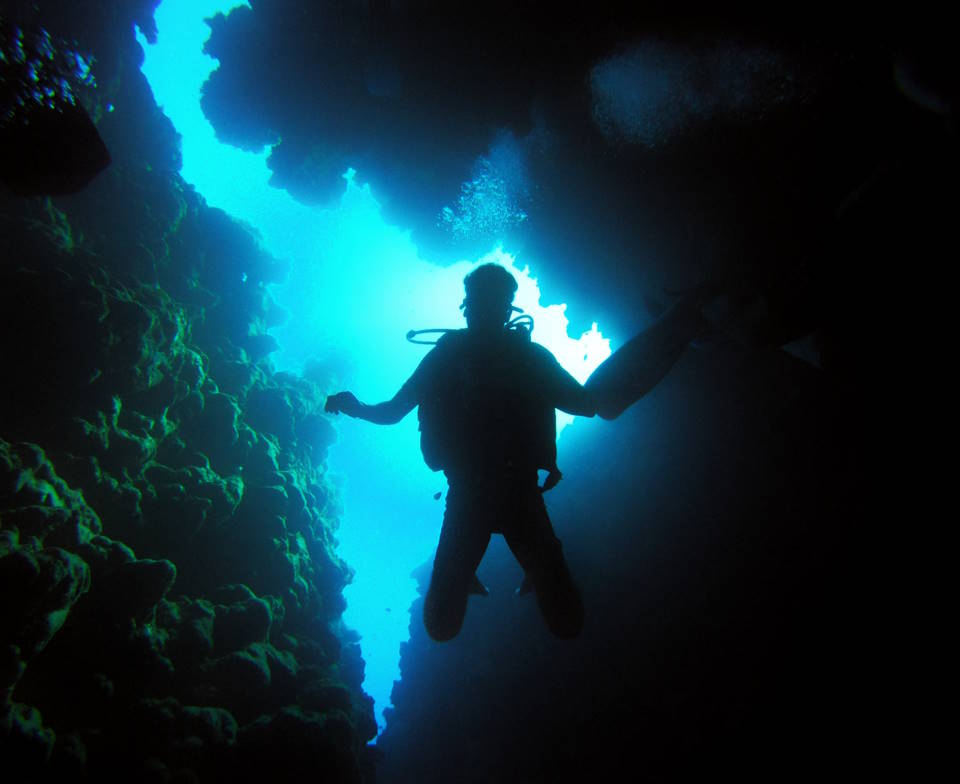
Scuba diving is a popular activity for many people who enjoy exploring the beauty of the underwater world. However, if you are pregnant or planning to become pregnant, you might want to reconsider your scuba diving plans. There are various risks associated with scuba diving while pregnant, and it is essential to understand them to make an informed decision.
One of the major risks of scuba diving while pregnant is the possibility of decompression sickness. This condition arises due to the formation of gas bubbles in the bloodstream, and the subsequent blockage of small blood vessels. Pregnant women are more susceptible to decompression sickness because they have an increased blood volume, which makes it easier for bubbles to form. Furthermore, decompression sickness can lead to complications in both the mother and the baby, including fetal distress and miscarriage.
- Another potential risk of scuba diving while pregnant is the risk of placental injury or detachment. During scuba diving, the fetus can experience changes in pressure, which can lead to damage or separation of the placenta from the uterine wall. This can result in serious complications like preterm labor, premature birth, or even fetal death.
- Additionally, scuba diving while pregnant can also increase the risk of fetal malformations. Studies have shown that exposure to high-pressure environments like scuba diving can lead to abnormalities in the fetal development of the central nervous system, skull, and limbs. Exposure to chemicals and toxins in the water can also lead to birth defects.
How Far Can You Dive While Pregnant?
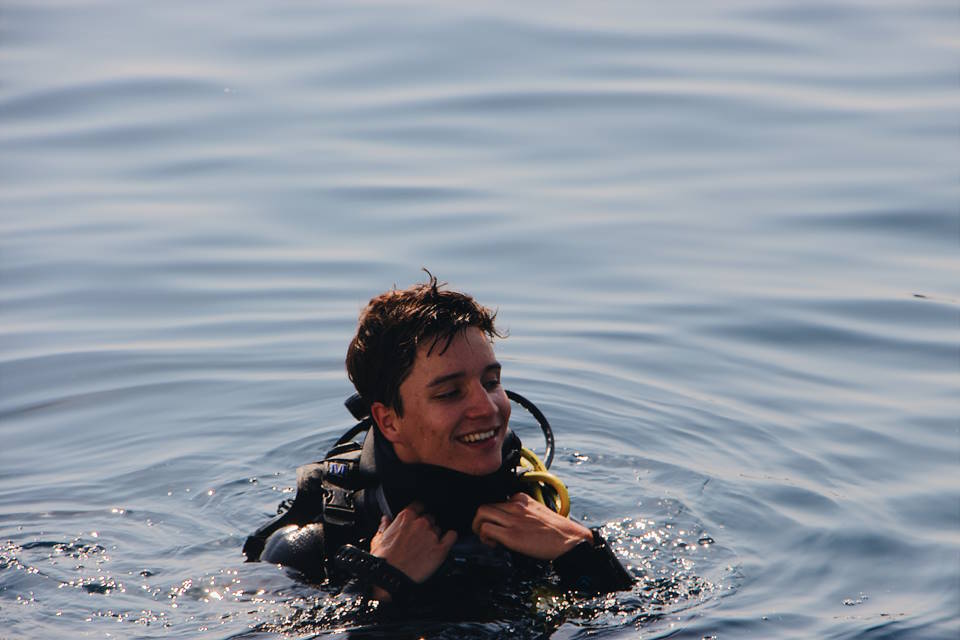
Scuba diving is a thrilling and adventurous sport that many people around the world enjoy. However, for pregnant women, it can be a topic of concern. Pregnancy is a time when women have to take extra care of themselves. The question that arises is how far can you dive while pregnant?
The answer is not clear-cut as it depends on several factors. The general recommendation from medical professionals is that pregnant women should avoid scuba diving. This is due to the increased risk of decompression sickness and possible complications during the pregnancy. The pressure that builds up during a dive can affect both the mother and the unborn child.
However, if a pregnant woman insists on diving, it is recommended that they dive no deeper than 30 feet. This is because the deeper a person dives, the more pressure builds up, and the risk of decompression sickness increases. Additionally, pregnant women should also limit their time underwater to no more than 30 minutes. This reduces the risk of nitrogen bubbles forming in the bloodstream, which can be dangerous for the fetus.
Factors that can affect how far a pregnant woman can dive are:
- Weeks pregnant: The further along a woman is in her pregnancy, the more cautious she should be. This is because the fetus is growing and requires more oxygen, and less oxygen supply could harm the baby.
- Pre-existing medical conditions: Medical conditions such as high blood pressure or gestational diabetes can also affect how far a pregnant woman can dive. It is essential to seek medical advice before attempting to dive.
- Dive location: Diving in cold water or locations with strong currents can also increase the risks of diving while pregnant. It is best to stick to calm, warm waters.
Can You Scuba Dive 5 Weeks Pregnant?
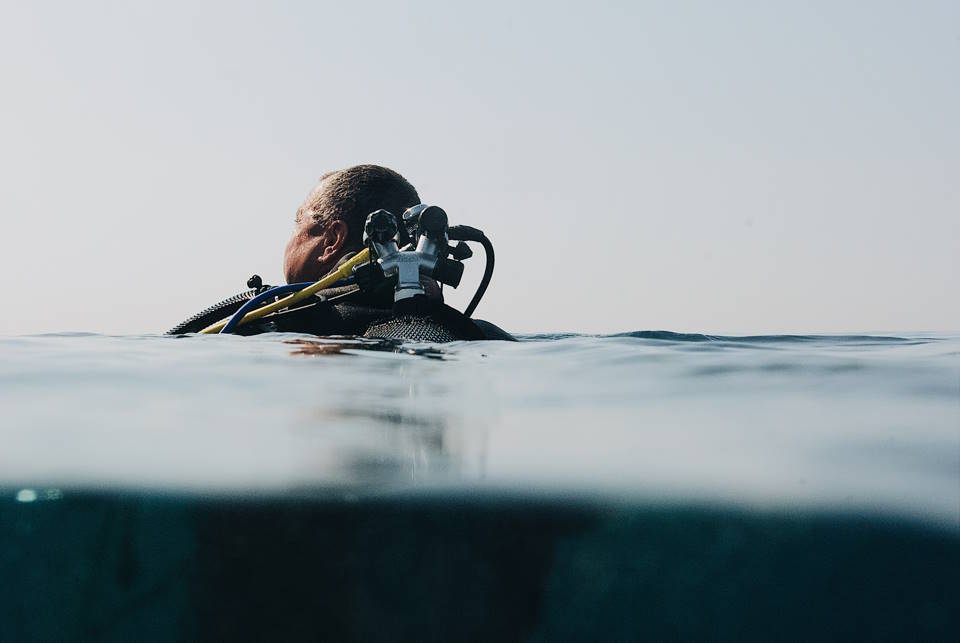
Scuba diving is a thrilling activity that enables people to explore the underwater world. It involves swimming underwater while breathing through a diving mask and a mouthpiece attached to a compressed air tank. Scuba diving can be risky, not only for regular individuals but also for pregnant women. It’s advisable to pause all diving activities during pregnancy since it can affect the health of the unborn child. However, some women may question whether they can scuba dive five weeks into their pregnancy.
According to healthcare professionals, scuba diving is considered an unsafe activity for expectant mothers since they’re carrying a precious life inside them. Diving into deep waters can lead to decompression sickness, fetal malformation, and other complications that could put both the mother and the baby at risk. Even a brief period of oxygen deprivation can result in permanent damage to the unborn child’s brain. Therefore, diving at any stage of pregnancy should be avoided.
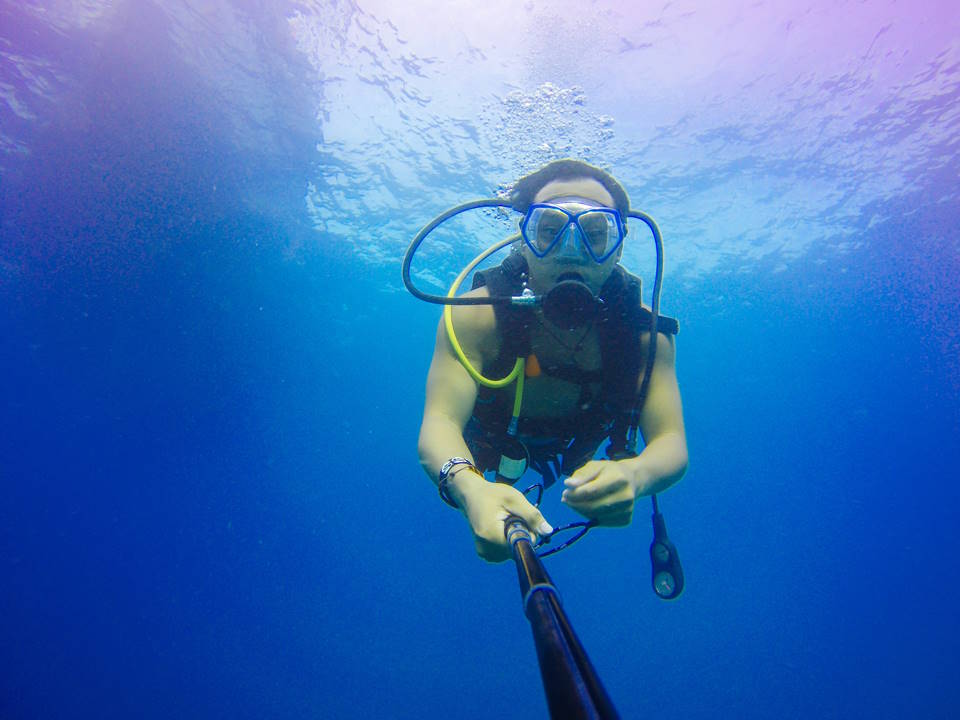
One of the primary concerns is the increased pressure while deep diving, which triggers reduced oxygen supply to the fetus. Even a short oxygen deficit could lead to a form of fetal hypoxia that will prevent the baby’s brain from functioning correctly during development. Moreover, there’s a danger that the baby’s blood vessels may become blocked under pressure, leading to fetal distress and premature birth, among other severe health problems.
- Women who scuba dive should take all possible precautions, primarily when they’re pregnant. It’s essential to speak with a healthcare provider to evaluate their specific conditions, such as high-risk pregnancy and any underlying medical conditions that may render diving more dangerous.
- Even if a pregnant woman decides to go diving, she should limit her dive session to no more than 12-15 minutes and a depth of up to 30 feet.
In summary, the answer is no. Scuba diving carries several risks for both the mother and unborn child, making it an activity that should be avoided during pregnancy. Women who want to continue diving but are pregnant should wait until after delivery before entering the water. The benefits of waiting far outweigh any perceived benefits of diving while pregnant.

